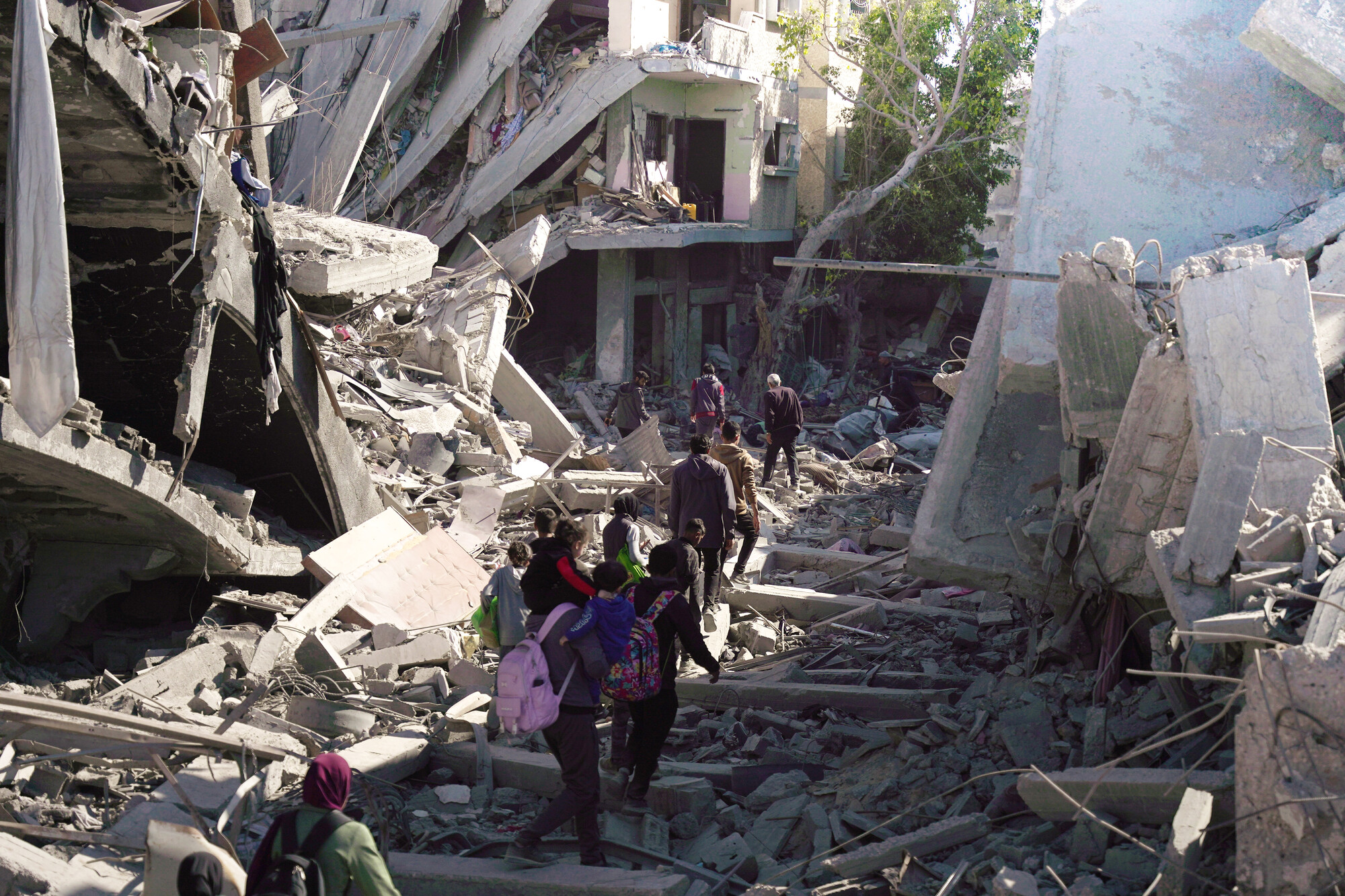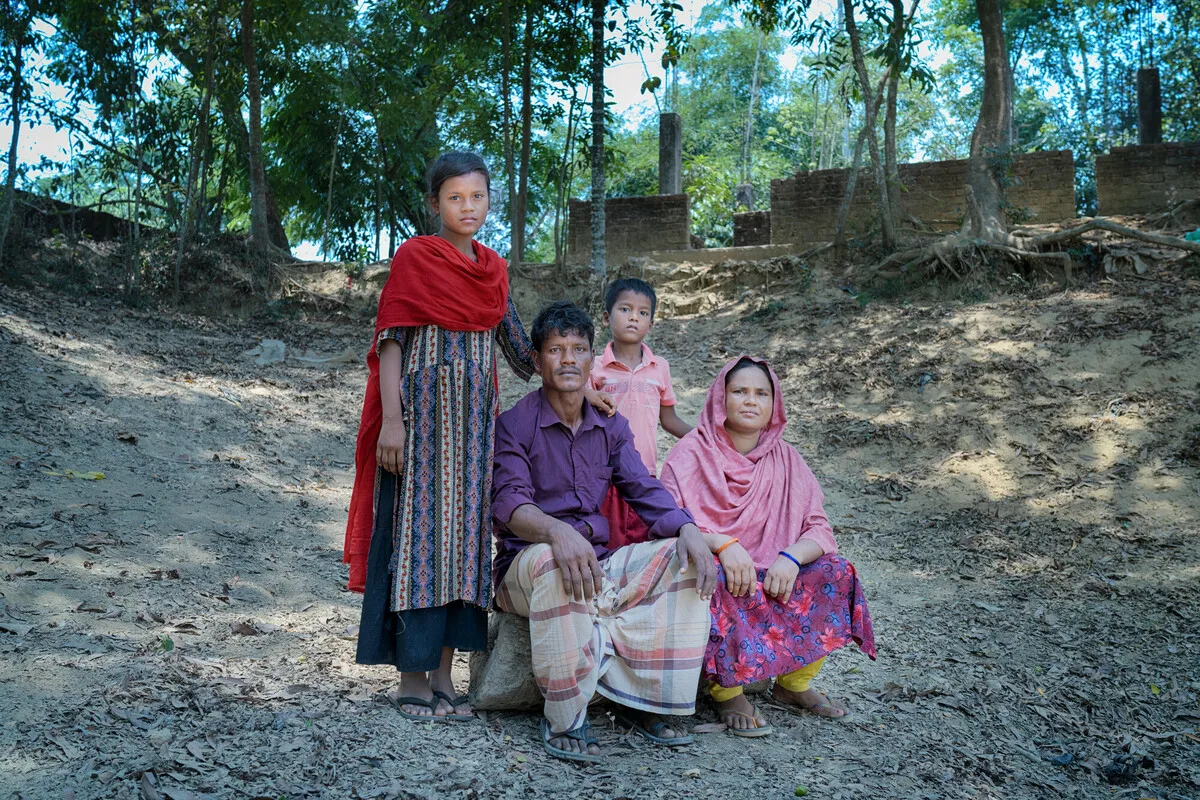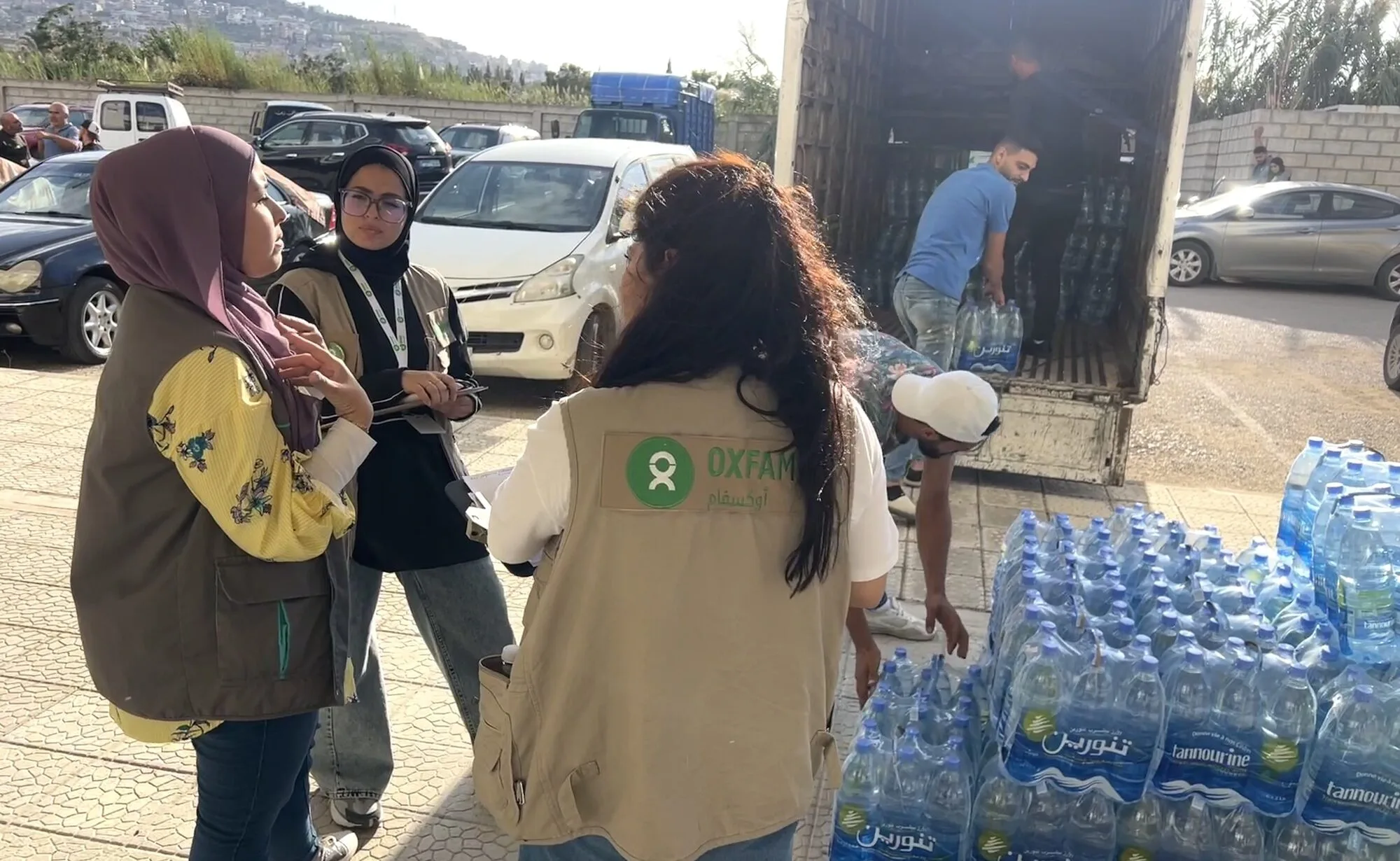The film above from the #WithSyria campaign portrays a rocket hitting a school playground. It’s a scene nothing short of the real catastrophe that has been taking place for more than three years. But bombs do not fall from the sky without intention, design and supply.
No film will ever capture the gruesome reality of daily attacks on schools, hospitals, and homes in Syria. The reports of yet another deadly rocket attack do not tell us of the constant fear and grief the indiscriminate use of weapons causes for Syrian civilians every day.
Syria remains one of the most dangerous places in the world to be a civilian. Improvised weapons — like barrels full of explosives or mortars made from gas cylinders — cannot be targeted, and so make no distinction between civilians and fighters.
Yet more than six months after the UN Security Council demanded an end to these indiscriminate attacks, they are being used more frequently — including on schools, hospitals, and shelters. Under international humanitarian law civilians should never be targeted. The international community must use their power to ensure international law is respected.
As world leaders pack their bags to head to New York for the UN General Assembly, where Syria will be high on the agenda, we must urge them to redouble their diplomatic efforts to bring an end to indiscriminate attacks.
Oxfam’s latest report on Syria highlights how the international response is failing the people of Syria and what governments around the world must immediately do; including halting all arms transfers that continue to fuel the conflict and increasing aid and resettlement for refugees to ease the humanitarian suffering in the short-term.
The opening session of the United Nations General Assembly is an opportunity to pause and acknowledge the responsibility all states play in the worst humanitarian crisis in the world today — and how they can take further steps to see words translate on the ground for the millions affected by this worsening crisis.
Use your power to hold the UN Security Council to their word. Act now to end the bombing of Syrian civilians.



